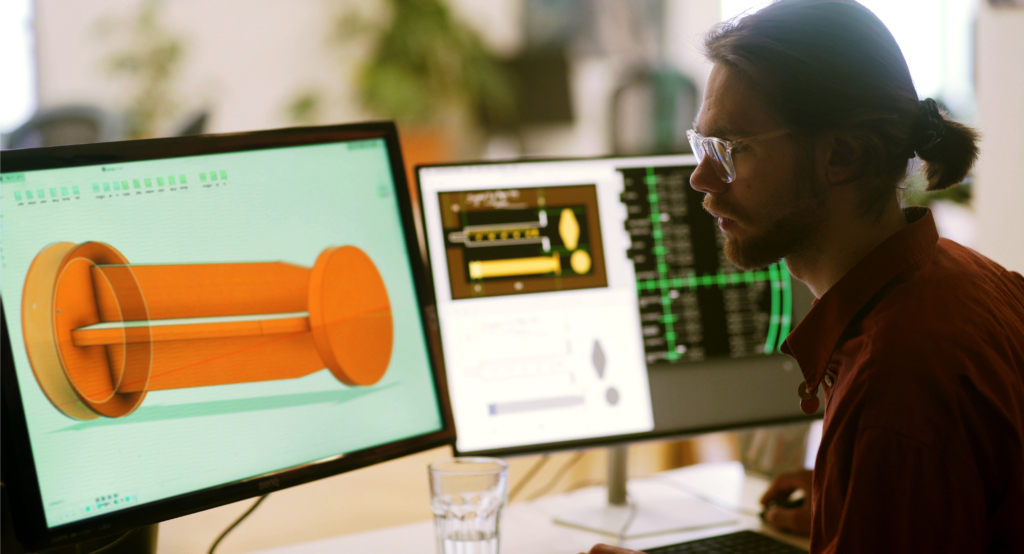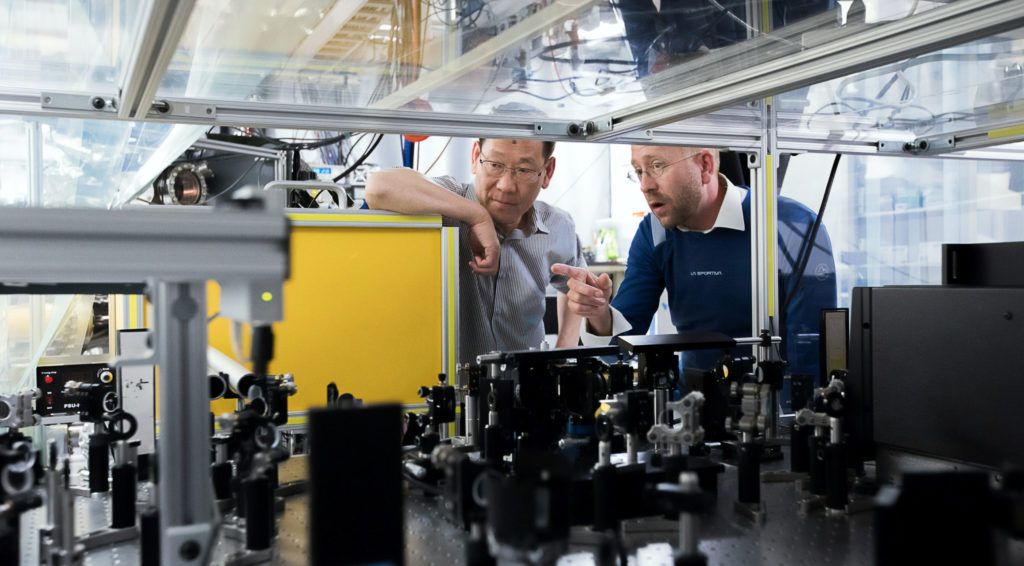Article
Perspectives on the future of healthcare
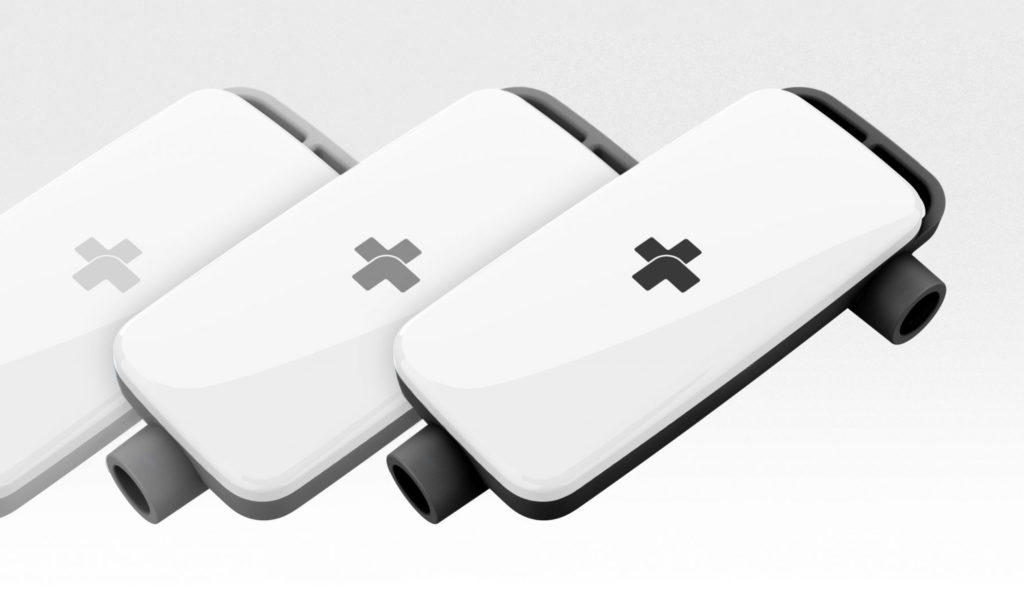
The Future Of is Fresh’s ongoing podcast, hosted by our CEO, Jeff Dance. With 36 episodes and counting, the podcast features conversations about technology across various topics. For The Future of Healthcare, we took a unique approach. We invited experts across the healthcare spectrum to discuss a field central to human well-being. The insights from our guests were profound—and above all, hopeful.
Below, you can find a summary of the key insights from each speaker. You can also listen to the episode on Apple Podcasts, Spotify, and our website.
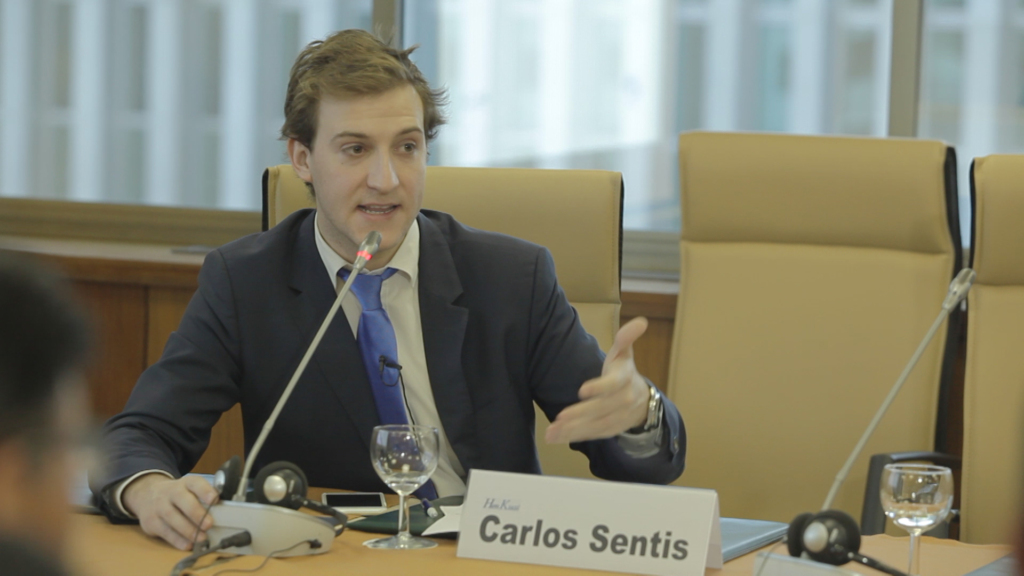
Carlos Sentis on practicality, revolution, and responsibility in the future of healthcare
Carlos Sentis is the founder and CEO of the World Innovation Alliance. The Alliance includes 1000 experts from 150 countries innovating across sectors, including healthcare. The Alliance’s healthcare commission is dedicated to expanding patient access. Doing so will require technology that improves health outcomes, information, and education.
#1: The creation of practical health guides
The Alliance is producing a guide to address common healthcare issues. It will feature the top 100 recommendations from medical experts rooted in the 80/20 rule, also known as the Pareto Principle. By providing easy-to-grasp practical health advice for individuals, prevention is more likely. Carlos noted that education is essential to an effective healthcare apparatus.
#2: An ongoing healthcare technological revolution
Carlos highlighted the promise of emerging technologies. Artificial intelligence, digital twins, cloud labs, genome editing, and quantum computing are accelerating healthcare innovation. These technologies will only continue to improve drug development and medical research.
#3: Defining the future of healthcare innovation
Carlos also suggested that it’s our responsibility as leaders to shape the future. With the convergence of cutting-edge technologies, the healthcare industry is positioned to transform. This will present both incredible opportunities and challenges to consider for humanity. The onus is on researchers, scientists, leaders, and innovators to create the compass that guides the ongoing journey.
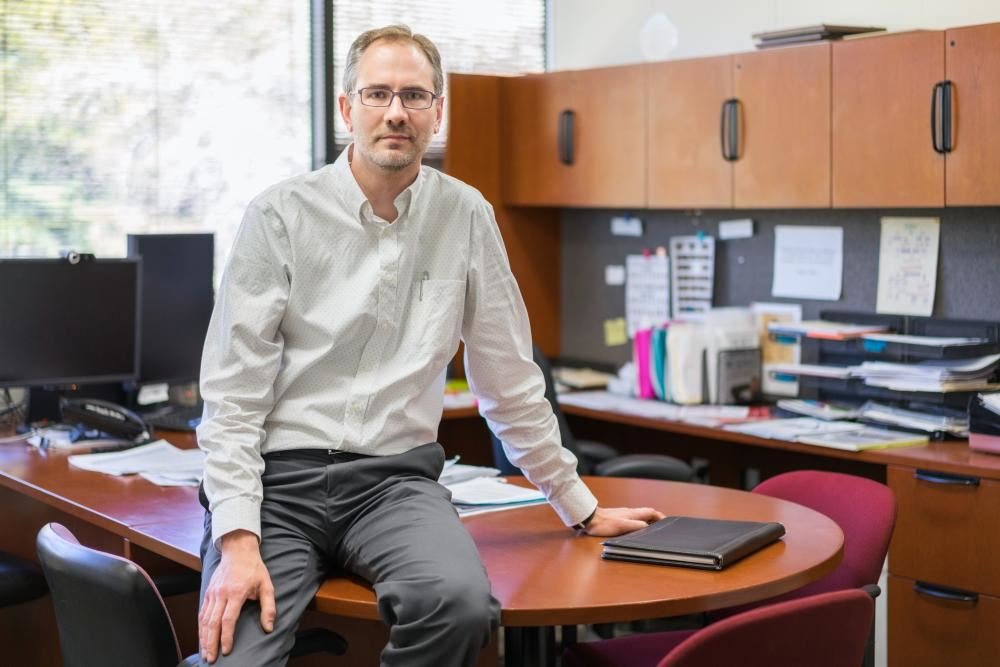
Dr. Brian Jackson on enabling a higher degree of patient-centric care
Dr. Brian Jackson is an Adjunct Professor of Pathology and Biomedical Informatics at the University of Utah. He’s also spent two decades in medical executive roles at ARUP Laboratories. Dr. Jackson’s experience straddles both the corporate and academic worlds of healthcare. This positions him to influence healthcare corporations, medical ethics, and technology.
#1: Aligning our priorities regarding healthcare technology to avoid “self-rationing”
Dr. Jackson observed that while healthcare technology has advanced, its affordability and accessibility have declined. In the US, even insured low-income diabetes patients often ration insulin due to its cost. In the UK, patients sometimes delay emergency care due to a lack of available hospital beds.
For the future of healthcare to benefit patients, as Dr. Jackson reiterated it must, these are challenges to solve. Investment in healthcare technology in high-income countries often prioritizes high-priced drugs and devices. Addressing widespread needs, such as insulin affordability or hospital bed availability, is equally vital.
#2: Addressing a shift in patient expectations
Dr. Jackson noted that over the past 50 years, there has been a shift from “medical paternalism” to patient autonomy. Modern patients demand transparency, truth, and more control over their healthcare decisions. King George VI’s physician withholding his prognosis is a public example of transparency challenges. But everyday patients need transparency as well. With wearable devices, for example, everyday patients can gain better insight into their health.
#3: Enabling patient autonomy
Dr. Jackson noted the growing emphasis on patient self-determination across healthcare systems globally. A good example is patients with renal failure in Sweden opting to operate their dialysis machines. Providers, researchers, and device developers should keep these insights in mind. Requests for ownership and autonomy will likely increase.

Malinda Elien on the future of healthcare and inclusivity, affordability, and global access
Malinda Elien is a Principal Technical Project Manager with 20 years of experience in medical device development. She offered some fantastic insights on the future of medical devices, in addition to producing other Fresh thought leadership on medical device development myths, choosing a partner for outsourced development, and strategies to ensure a seamless development process.
#1: Prioritizing Inclusive Design
Malinda emphasized the importance of designing products that cater to everyone. Historically, the focus has been on developing medical products primarily for European or North American men. Malinda advocated for modern, inclusive designs. Catering to diverse groups across socioeconomic status, location, gender, and skin tone is vital.
Another episode of our podcast covered the topic of inclusive design more in-depth. The concept and best practices apply to every field, including medical device development.
#2: Addressing the global nature of healthcare and remote access
Malinda highlighted how the COVID-19 pandemic underscored that healthcare issues are global. Product designers must ensure that medical product efficacy is not restricted by geography.
One exciting opportunity is to harness advances in augmented reality. Malinda cited how AR can improve diagnostics and facilitate advanced remote care. AR also increases healthcare accessibility in rural areas, enabling better patient-provider communication.
#3: Prioritizing a future of healthcare affordability
Health is relevant to every human in the world, regardless of geography. Malinda reiterated that affordable medical devices are essential. Developers must focus on products that serve the broader population and not just the privileged few.
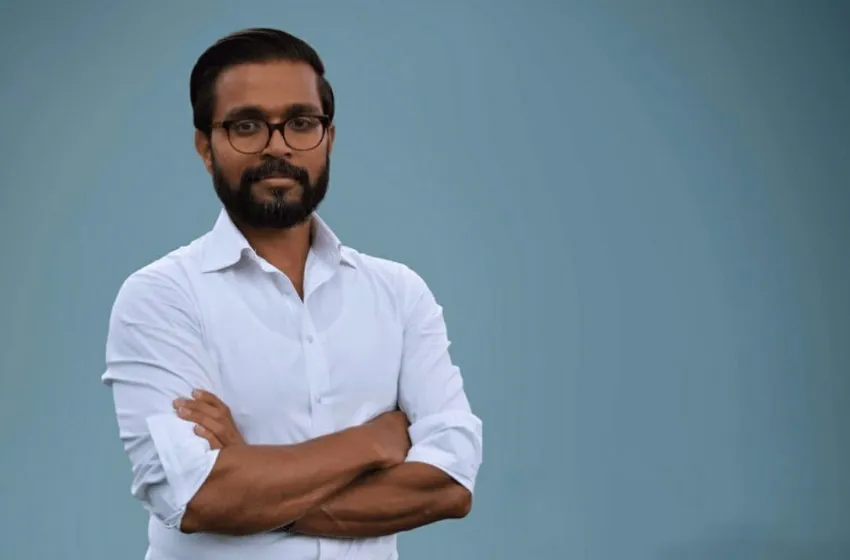
Dr. Biju Mohandas on helping patients gain insights to take control of their healthcare journey
Dr. Biju Mohandas is the Partner & Global Co-Lead of Healthcare at LeapFrog Investments. He’s also a former officer in India’s Medical Corps. Dr. Mohandas’s work focuses on businesses in Asia and Africa that provide access to healthcare. He cited specific current global trends in healthcare that must be acknowledged:
- Life expectancy globally has risen to 73 years from around the 60s in the 90s, but healthy average life expectancy remains at 63.
- Non-communicable diseases now account for 70% of global mortality and play a significant role in the gap between average life expectancy and healthy life expectancy.
- By 2030, one in six people will be over 60, and by 2050, the population over 80 will triple. Dr. Mohandas suggested that without intervention, the disparity in healthy life expectancy will create financial health burdens.
#1: Empowering patients to take control of their health
Dr. Bohandas discussed how the solution to most non-communicable diseases lies in addressing social determinants of health. Sleep, diet, and fitness are factors that most individuals can control. He suggested that the future of healthcare must be designed to facilitate a transition from episodic treatments to continuous prevention and wellness.
He also cited his own experience coming from a family with a history of diabetes. At his medical check in previous years, he found via the HbA1c test that while not prediabetic, the range was close. Having led investments in India’s largest digital wellness app—HealthifyMe—Dr. Bohandas is a proponent of preventative care spearheaded by patients. With a CMG patch from the company, Dr. Bohandas gained an understanding of his blood glucose levels in real time. Diet, exercise, and access to personalized programming enabled him to take control.
Alternatively, he could have begun the journey to take control of his health via genomic sequencing at MedGenome. India’s largest molecular diagnostic firm provides additional insight into such challenges. Dr. Bohandas reiterated that empowering individual patients to take control of their healthcare experience will continue in the future.
#2: A shift in healthcare agency
Dr. Bohandas advocated for the evolution of the roles of doctors and hospitals. He suggested that functions should be reversed, with the individual patient acting as the primary agent. This would make healthcare services more accessible at homes, offices, or other venues rather than being gated.
#3: Technology for personalization
Dr. Mohandas also shared that sophisticated digital wellness apps enable health tracking and maintenance. Connecting the dots to a future where healthcare is proactive and personalized is vital. The emerging markets in Asia and Africa might adopt these shifts more quickly due to their developing health systems.
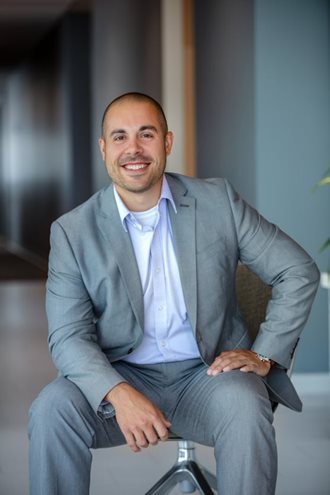
Dr. Ben Heiser on the importance of organizations leading the charge to alleviate healthcare costs
Dr. Ben Heiser is Vice President of Operations & Business Development at Lumicera Health Services. He oversees business operations and strategic direction. In his effort to ensure the company is a critical player in the future of healthcare, Dr. Heiser thinks extensively about what we can expect.
#1: The central role of ongoing technological advancements
Dr. Heiser discussed technological innovations such as VR, blockchain, ML, genomics, and digital therapeutics. He highlighted many opportunities to continue thinking about applications related to personalized medicine. Understanding genomics, proteomics, diet, and environmental stressors can significantly impact individual health.
#2: A needed shift in healthcare model
Dr. Heiser added that the current procedural reimbursement model, where healthcare organizations get paid for performing procedures, is flawed. He suggested a more significant focus on value-based healthcare, rather than merely marking up the costs of medications or procedures, is vital.
Because 78% of Americans fear healthcare costs, organizations must focus on providing value. Ensuring that therapies are attainable and eliminating excess costs from the system is a crucial step. Lumicera and other organizations like Navitus are seeking to solve this challenge.
#3: The importance of funding gene therapies
Dr. Heiser stated that while preventative medicine is crucial, there will always be illnesses that need treatment. The shift towards curing ailments through advanced gene therapies is set to continue. But he posed a fundamental question:
Who will fund these preventative and curative therapies?
Possibilities include government support or employer involvement aiming for healthier employees. Dr. Heiser reiterated that problem-solving and strategic planning are vital to ensuring a successful future of healthcare.
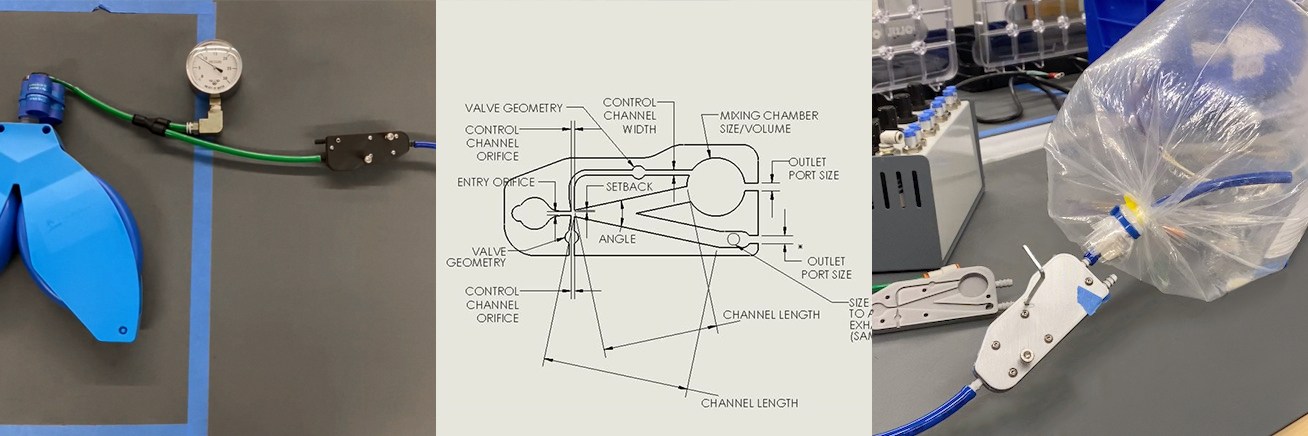
Bringing the future of healthcare to fruition
Sharing the sentiments of our guests on The Future of Healthcare, the Fresh team is excited to continue creating and going to market with medical devices.
Experts including Reg Orton, Malinda Elien, and Jon Perrin are working to continue building products that have the potential to create the shifts our guests discussed. Insights on software development workflows for healthcare—and continuing to deliver on projects like Healthcare Bluebook, Worldwide Ventilator, and manufacturing automation for medical devices—are prime examples of the momentum we’re building.
We’re just getting started. And collaborating with experts like Mr. Sentis, Dr. Jackson, Dr. Mohandas, and Dr. Heiser will be central to the effort.
Stay tuned for more about our involvement in the field, and if you’re interested in our podcast, be sure to check out episodes on robotics, automation, energy, the space economy, and much more.
If you’re interested in reading more about our approach in the medical device development and healthtech field, considering exploring the following blog posts as well:

